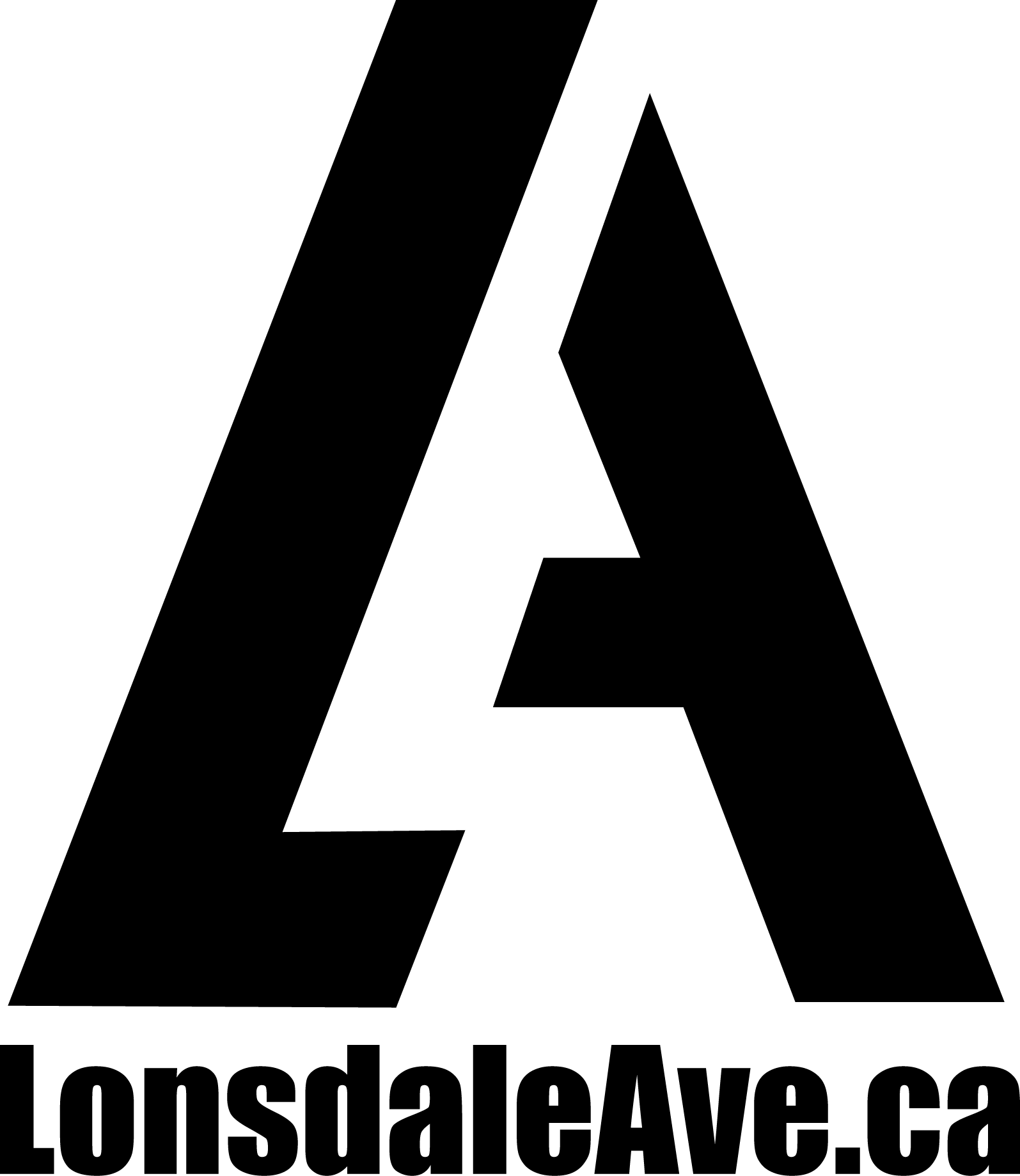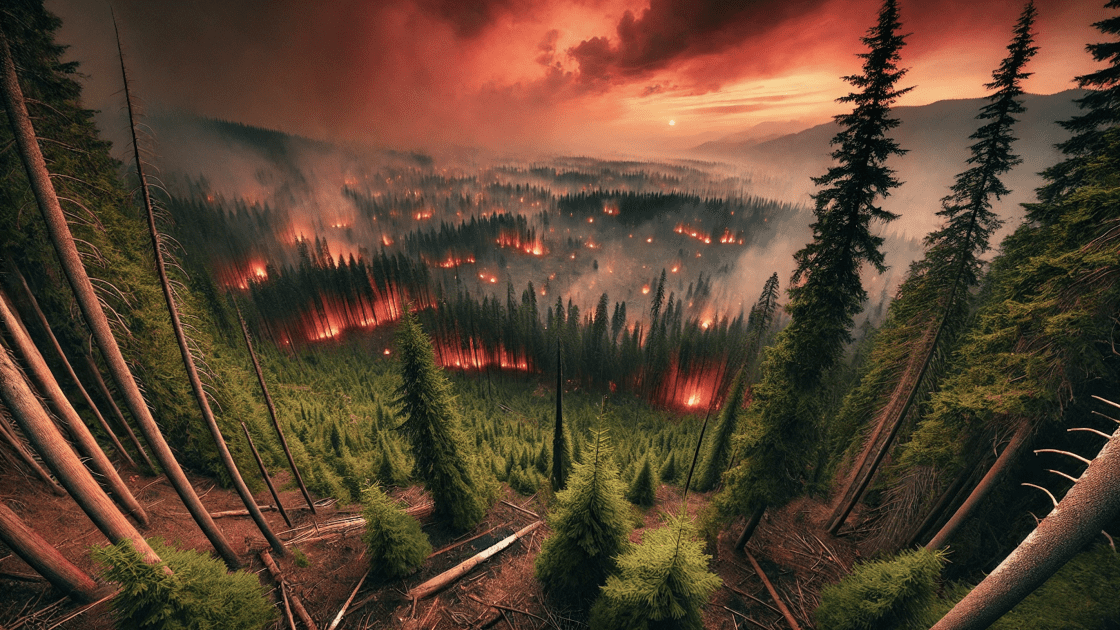The seasonal wildfire industry in British Columbia offers exciting and impactful career opportunities for individuals passionate about environmental protection, outdoor work, and community safety. Each year, BC faces significant wildfire challenges, necessitating a well-prepared workforce of firefighters, technical experts, and support personnel. This guide will provide a robust overview of how to start a career in BC’s wildfire industry, including job roles, application requirements, training processes, and key regions most affected by wildfires. Whether you’re a seasoned outdoor professional or new to the field, this guide will help you navigate opportunities in the BC Wildfire Service (BCWS) and embark on a fulfilling career.
Key Roles and Career Paths in BC’s Wildfire Industry
The BC Wildfire Service employs over 1,300 wildfire fighters each year, alongside numerous support and technical staff. The main career pathways include frontline firefighting roles, specialized technical positions, and management opportunities.
- Fire Crew Member: Fire Crew Members are central to BC’s wildfire response. Roles include Initial Attack Crews for rapid fire suppression, Unit Crews for managing complex and prolonged incidents, and Parattack and Rapattack Crews specializing in aerial deployment. These positions involve direct engagement with wildfires, requiring physical stamina, teamwork, and adaptability.
- Support and Technical Roles: The wildfire industry also relies on logistics, technology, and incident command experts. These roles include wildfire behavior analysts, communications specialists, and operations coordinators.
- Seasonal and Permanent Roles: Most firefighting positions are seasonal, running from spring to fall, but some lead to permanent roles within the BC Public Service.
Qualifications and Requirements
Working in BC’s wildfire industry demands specific qualifications, training, and physical fitness.
- Basic Eligibility: Applicants must be eligible to work in Canada, hold a high school diploma or equivalent, and meet the minimum age requirement. A valid driver’s license is often preferred, especially for roles requiring equipment transport.
- Fitness Standards: Physical endurance is critical for wildfire fighters. The WFX-Fit Test assesses candidates’ ability to perform tasks such as carrying equipment, advancing hoses, and navigating rough terrain under timed conditions.
- First Aid Certification: Applicants must possess Occupational First Aid Level 1 or higher, with a transportation endorsement preferred.
- Preferred Qualifications: Experience in forestry, outdoor activities, or resource management is highly valued. Post-secondary education in forestry or environmental sciences, previous firefighting experience, and high-level athletic or academic achievements also enhance an application.
The Recruitment Process AND HOW TO APPLY
The BC Wildfire Service follows a structured recruitment process to identify suitable candidates.
- Application Submission: Applications open annually in October and close by late February. Candidates must submit an online application that includes a resume and questionnaire.
- Interviews: Selected applicants undergo virtual interviews focusing on behavioral competencies, situational awareness, and technical knowledge.
- Fitness Testing: Successful candidates complete the WFX-Fit Test to demonstrate physical readiness for the demands of wildfire fighting.
- New Recruit Boot Camp: Final candidates attend a rigorous training program covering wildfire safety, firefighting techniques, and survival skills. Topics include navigation, chainsaw operations, helicopter safety, and incident command systems.
Training and Professional Development
Recruits begin their careers with the New Recruit Boot Camp (NRBC), an intensive training program offering comprehensive preparation for fieldwork. Courses include fire weather analysis, fireline communications, wilderness survival, and heavy equipment operations. The program ensures recruits meet the Canadian Interagency Forest Fire Centre’s (CIFFC) standards for wildland firefighting. Experienced firefighters can pursue advanced training to specialize in aerial operations, equipment management, or leadership roles.
Regions Most Affected by Wildfires in BC
Wildfire activity varies across British Columbia, but certain regions are consistently high-risk due to climatic and geographic factors.
- Interior Regions: Areas such as Kamloops, Merritt, and Kelowna are prone to wildfires due to dry conditions and high temperatures.
- Northern BC: Dense forests and remote landscapes in Fort St. John and Prince George contribute to frequent wildfire activity.
- Southern BC: Communities like Lytton, Penticton, and Castlegar often experience severe wildfires.
- Coastal Areas: While traditionally wetter, regions such as Vancouver Island have seen increased wildfire risks linked to climate change.
Diversity and Inclusion in the BC Wildfire Service
The BC Wildfire Service is committed to fostering an inclusive workplace that reflects the province’s diversity. Programs such as the Indigenous Applicant Advisory Service support Indigenous candidates through personalized guidance on the hiring process. Additionally, BCWS actively promotes equity for racialized communities, 2SLGBTQIA+ individuals, and women in wildfire.
Why Choose a Career in BC’s Wildfire Industry
A career in BC’s wildfire industry offers a unique blend of adventure, community service, and professional growth.
- Outdoor Adventure: Work in breathtaking natural environments while tackling challenging, team-oriented tasks.
- Community Impact: Protect communities and ecosystems from the devastating effects of wildfires.
- Professional Growth: Build skills in leadership, emergency response, and environmental management with opportunities for career advancement.
- Competitive Compensation: Seasonal roles provide competitive salaries, benefits, and isolation allowances for remote postings.
How to Get Started
If you’re ready to join BC’s wildfire industry, follow these steps:
- Visit Official Resources: Explore the BC Wildfire Service website for job postings and detailed guides.
- Attend Webinars: Join recruitment webinars to learn about job expectations and the application process.
- Prepare Your Application: Highlight relevant experience, certifications, and achievements in your resume.
- Train for the WFX-Fit Test: Physical preparation is essential for passing fitness assessments.
- Apply Online: Submit your application between October and February through the official BC Public Service website.
Key Resources for BC Wildfire Careers
- BC Wildfire Service Careers Page
- Application Portal
- WFX-Fit Test Overview
- Indigenous Applicant Advisory Service
- BC Wildfire Service Provincial Map
A career in BC’s wildfire industry is more than a job—it’s a chance to make a tangible difference while growing professionally and personally. Take the first step today and ignite your potential in this dynamic and rewarding field.


